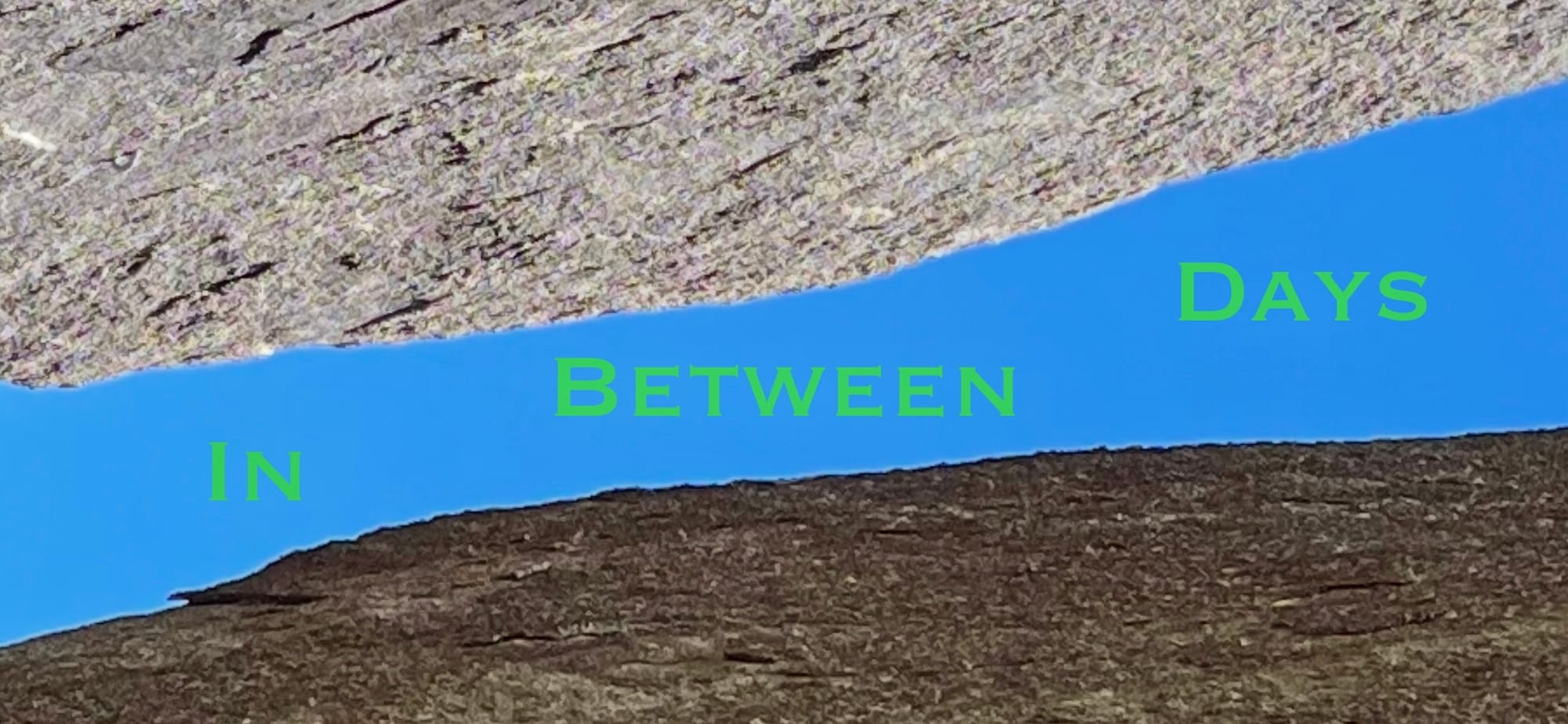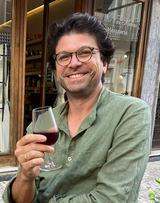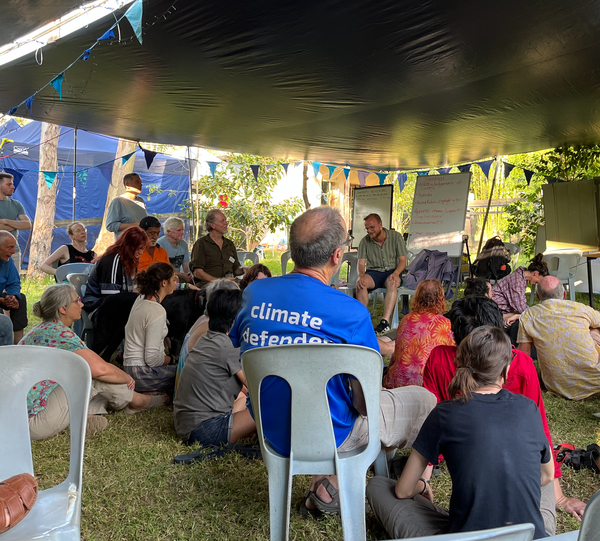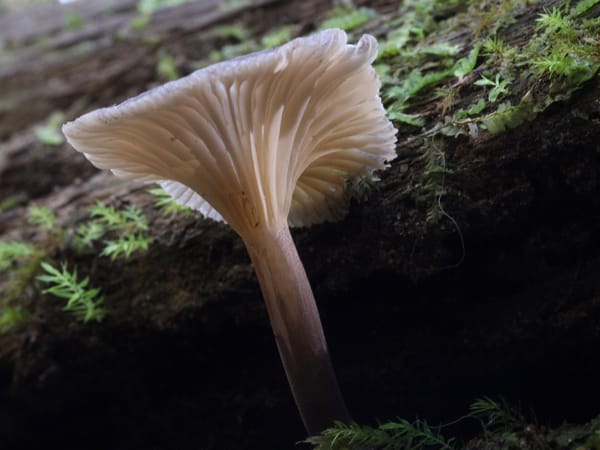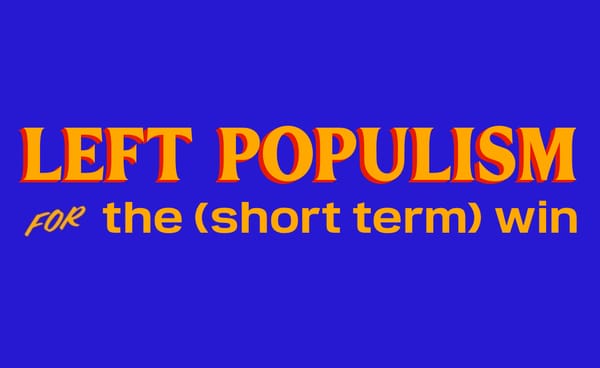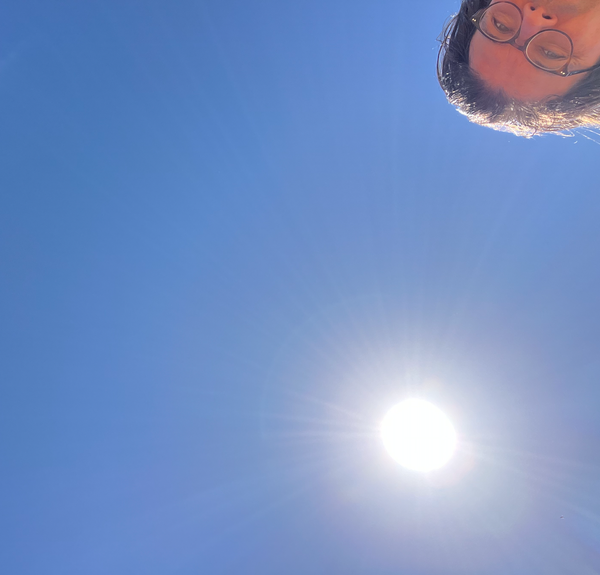Bombs for peace and other lies
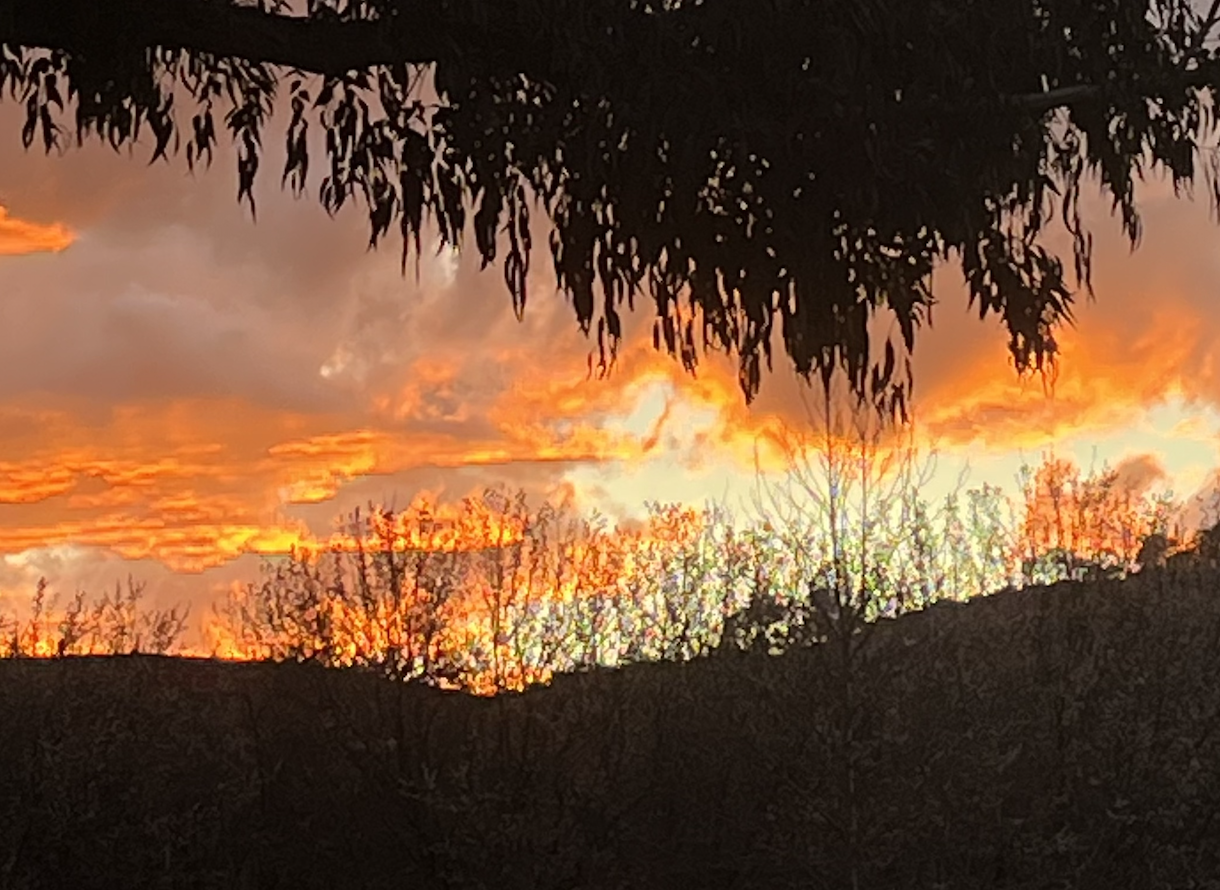
A shaky ceasefire holds in Israel-Palestine.
And yes, thank whatever or whoever, this is cause for some hope and some celebration. Fewer people are dying today. This is good.
But I am filled with grief.
Grief for so much death and destruction. Grief for so many lives taken, stolen, destroyed. Grief for the families and communities torn apart, both by death and by deep disagreement. Grief for the gaping holes left behind, the relationships broken by bombs and by excommunication. Grief for friends I have lost.
Grief that all this was so unnecessary. Such a shameful, shameful waste.
And grief that it's not over.
The cycle of trauma has been cranked so hard over the last two years, it is hard to imagine a release that isn't catastrophic.
I didn't intend to write about this. Not now. Not so soon.
But then I saw this video of Donald Trump in the Knesset and it filled me with such a darkness that I didn't know what to do but write something about it. Because writing helps me process.
"I mean, Bibi would call me so many times, can you get me this weapon, that weapon... But we'd get them, wouldn't we? And they are the best, they are the best. ...
"But so many that Israel became strong and powerful. Which ultimately led to peace.
"That's what led to peace"
Cut to Netanyahu applauding.
Bombs for peace, and other lies.
"Fighting for peace is like fucking for virginity." I used to say that onstage at FourPlay gigs a million years ago, during the Second Gulf War. And everybody laughed. I don't find it funny anymore.
I find it sickening.
The idea that extreme violence can bring peace, that military might can create harmony, is the sick lie of sick people in a sick culture.
And it is this sick lie applied to Jewish identity - the idea that only a militarily mighty state of Israel can create safety for Jews, and that anyone who gainsays that is a traitor, a self-hating Jew, a kapo facilitating our extermination - which has brought my people, the Jewish people, to the darkest place we have been since the Holocaust itself. In saying, two years ago, that there must be an alternative response to October 7 than violence, I was called all those things and more. Including by people I love. Good people who have been made sick by a sick culture.
Make no mistake, there is no safety here. There is no peace here. There is only more trauma, more grief.
I will have more to say about this at some point. Processing the in-between of being a dissenting Jew, and applying the lessons of this experience to the broader context, is one of the reasons I started this blogletter.
But today, I simply want to reference the words of two of the most brilliant dissenting Jews of recent generations.
The first, it goes without saying, is Hannah Arendt. Of course. Not sure I'm allowed to post here without specifically referencing her. And many of you have heard me say this, or read it in my book.
In her essay / book, Reflections on Violence, Arendt took Mao's claim that "power grows out of the barrel of a gun" and inverted it.
"Out of the barrel of a gun grows the most effective command, resulting in the most instant and perfect obedience. What can never grow out of it is power."
"Violence can always destroy power," she said. But it cannot create it. Power is created by people "coming together to act in concert".
Indeed, the more you resort to violence, the less power you will eventually have.
Ironically, there is something of that reflected, accidentally I am sure, in Trump's widely-reported reflection to Netanyahu that "Israel cannot fight the world".
The second dissenting Jew whose words I want to share today is Judith Butler, who developed the extraordinarily powerful concept that peace relies on mutual grievability.
We don't necessarily have to grieve the other. But we absolutely must recognise that they are grievable. Unless and until we recognise this - the inalienable fact that every person (indeed, Butler wonderfully extends this to animals and ecosystems) is inherently grievable - we can have no true, lasting peace.
Maybe the tremendous grief I feel - and I know so many others feel - is the necessary path.
Two more itemisations:
Grief for the Jewish people. Where do we go from here? What is the possible pathway to internal reconciliation? To reckoning with what has been / is being done in our name? To finding meaning as a people, torn between promised land and diaspora, statehood and exile, Zion and doykeit?
Grief for the world. There has been such destruction. Beyond the people and lives and families and infrastructure and ecosystems, there has been such destruction of global norms and institutions. And along with that, such destruction of interpersonal norms, such entrenchment of the necessity of violence and hate and permanent difference. And, of course, such massive delays to climate action, alongside it - which can only result in a spiralling cycle of more destruction.
Today, I am sitting with the grief.
Perhaps tomorrow, I can think more about the pathway it offers.
